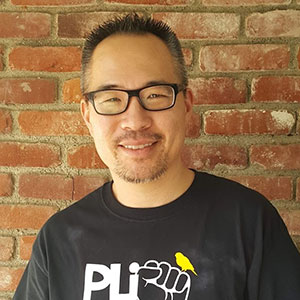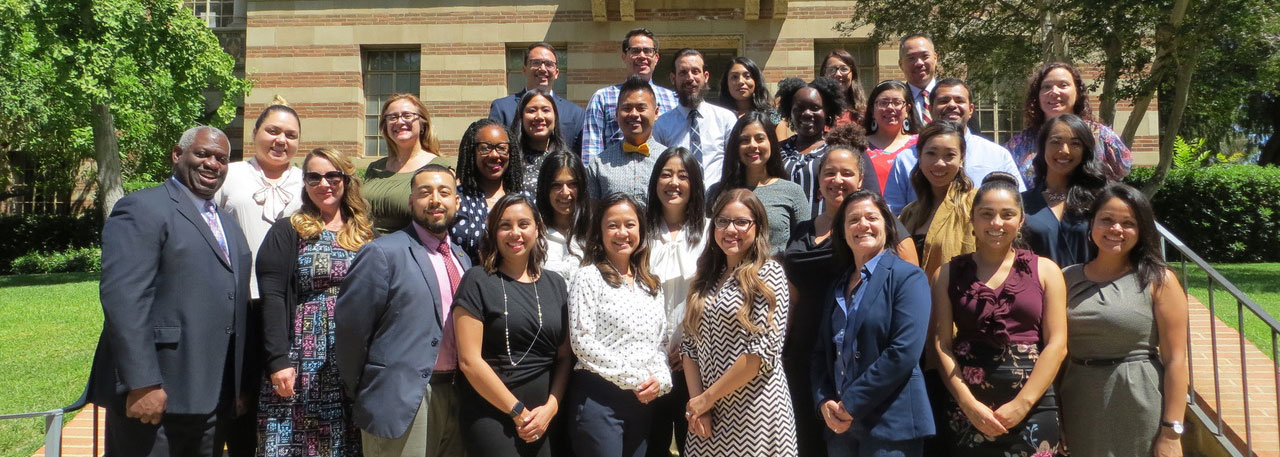ED 440C – Democracy, Democratic Leadership and Public Accountability (4 units)
ED 440C focuses attention on the importance of addressing the needs of students who, for a variety of reasons, have not been successful in existing school cultures. It seeks to shed light on the causes of marginalization and strategies for creating more democratic, equitable, and inclusive schooling. In recent years, there has been a general clamor for greater accountability in public education. Public officials, members of the media, and community leaders have all called for schools to be more responsible. In response, state and federal officials have dramatically reshaped the rules governing how American education works. Despite all this focus on “accountability,” there has been little attention paid to the purpose of education. Who is being held to account, for what, and how?
- What is democracy, democratic education, and democratic leadership?
- In what sense do democratic education and democratic leadership protect and advance the interests of the least powerful or most vulnerable?
- How can public schools promote civic learning and civic engagement?
- What does it mean to have a democratic school in terms of student voice, faculty governance, parent engagement, and school discipline?
The main assignment will be a vision statement describing the purpose for engaging stakeholders in a democratic leadership approach, drawing on literature from the course and other sources, including an interview with a school leader, participation in school site council meetings and interviewing youth organization participants.
As part of the course, there are two modules given: 1) Professor Patricia Gándara, UCLA GSEIS, Civil Rights Project, engages candidates in a session on the current policies affecting English Learners/Bilingual Immigrants, and the second module is with Professor Daniel Solórzano. He continues the exploration of micro-aggressions and the concept of micro-affirmations and how leaders address these concepts and practices in schools.

